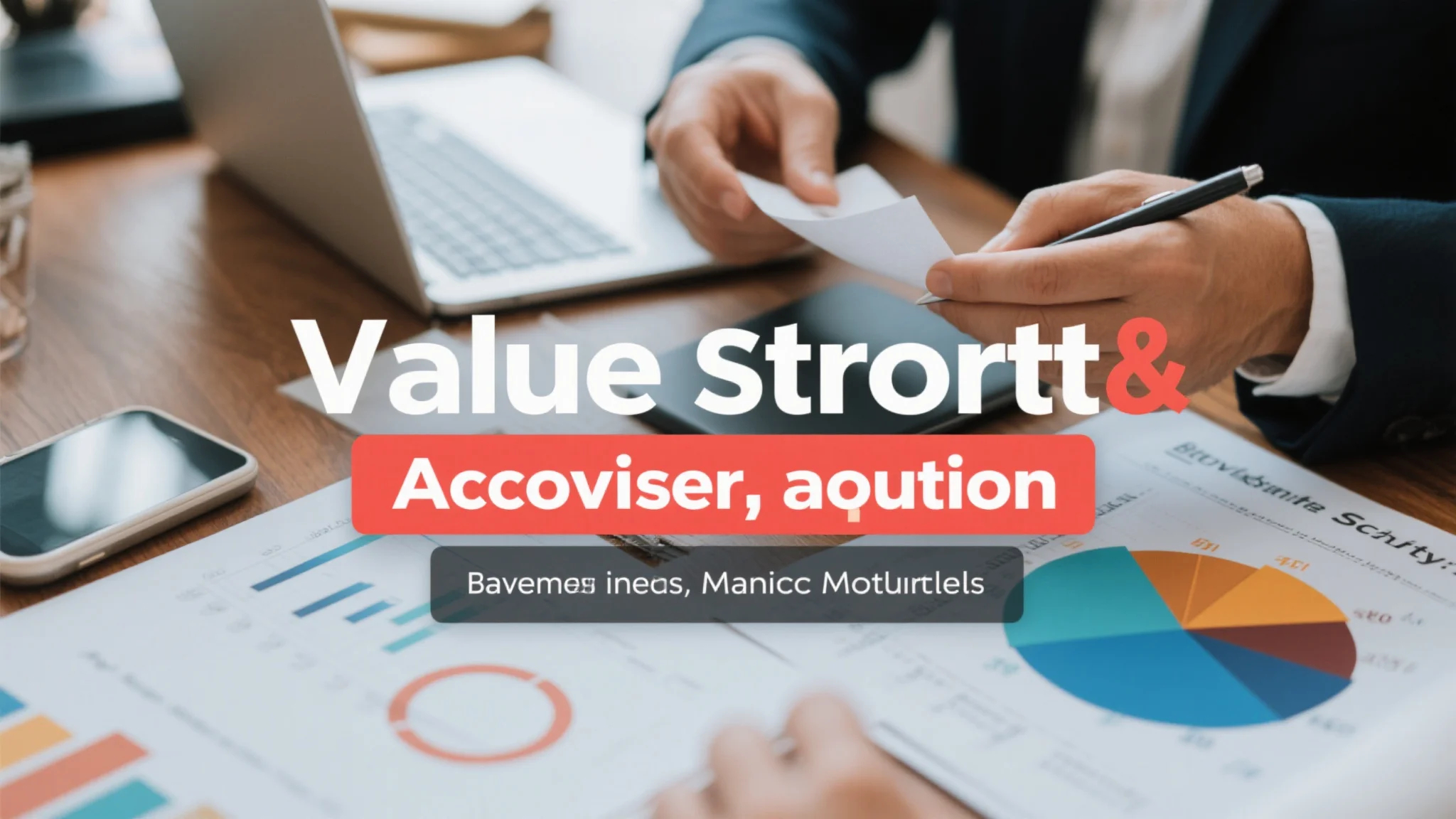Comprehensive Approaches to Startup Valuation in M&A Transactions
Valuing a startup for acquisition is a nuanced and multifaceted process that requires a deep understanding of various startup valuation methods. Unlike established companies with extensive financial histories, startups often present unique challenges due to their limited operating track records, high growth potential, and inherent uncertainties. Investment banking valuation techniques tailored for startups incorporate both quantitative and qualitative factors to arrive at a fair and strategic valuation. These methods include discounted cash flow analysis adjusted for risk, comparable company analysis focusing on similar high-growth entities, and precedent transaction analysis that reflects recent market activity. Each approach provides a different lens through which to assess value, and investment bankers often synthesize these perspectives to guide negotiations and deal structuring.
In the context of m&a startup valuation, understanding the startup’s business model, market opportunity, competitive landscape, and management team is as critical as analyzing financial metrics. Investment banking valuation professionals emphasize the importance of scenario planning and sensitivity analysis to capture the range of possible outcomes and associated risks. This comprehensive approach helps acquirers make informed decisions that balance growth prospects with risk mitigation. Furthermore, valuation methodologies must account for the impact of dilution from future financing rounds, intellectual property assets, and potential regulatory hurdles. By integrating these factors, investment bankers provide a robust framework that supports strategic acquisition decisions and maximizes shareholder value.

Investment Banking Valuation Techniques Tailored for Startup Acquisitions
Investment banking valuation for startups employs specialized techniques that reflect the unique characteristics of early-stage companies. The discounted cash flow (DCF) method is adapted to incorporate higher discount rates that account for startup risk profiles and uncertain cash flow projections. This method requires detailed financial modeling and assumptions about revenue growth, margins, capital expenditures, and exit scenarios. Comparable company analysis involves identifying publicly traded companies or recent transactions with similar business models and growth trajectories, providing market-based valuation benchmarks. Precedent transaction analysis examines historical M&A deals involving startups to understand valuation multiples and deal terms prevalent in the market.
Additionally, investment bankers consider qualitative factors such as the strength of the startup’s technology, customer acquisition cost, lifetime value of customers, and scalability potential. These elements influence the valuation by affecting future cash flow projections and strategic fit with the acquirer. The negotiation process often involves reconciling differing valuation perspectives between buyers and sellers, with investment bankers playing a critical role in facilitating consensus. Their expertise ensures that valuation methodologies are applied rigorously and transparently, fostering trust and enabling successful deal closure.
Strategic Implications of Accurate Startup Valuation in M&A
Accurate investment banking valuation of startups is pivotal for achieving favorable outcomes in M&A transactions. Overvaluation can lead to overpayment and subsequent financial strain, while undervaluation risks losing competitive advantage and shareholder dissatisfaction. Investment bankers help clients navigate these risks by providing objective, data-driven valuations that reflect both current performance and future potential. This strategic insight supports deal structuring, financing decisions, and post-acquisition integration planning.
Moreover, understanding valuation dynamics aids in identifying value creation opportunities such as synergies, cost savings, and market expansion. Investment banking valuation methodologies also inform earn-out arrangements and contingent payments that align incentives between buyers and sellers. In a rapidly evolving startup ecosystem, staying abreast of market trends, investor sentiment, and regulatory changes is essential for maintaining valuation accuracy. Ultimately, robust valuation practices empower acquirers to make strategic investments that drive innovation, growth, and long-term success in the competitive landscape of startup acquisitions.



